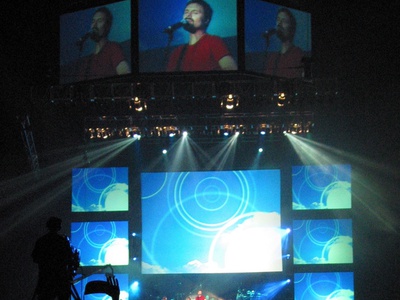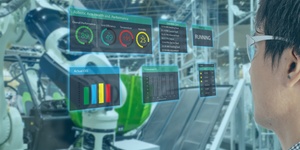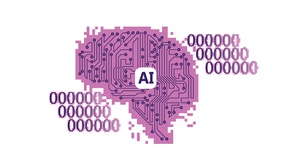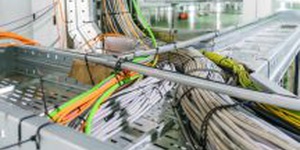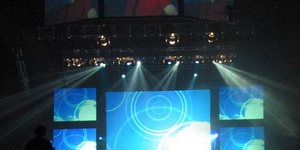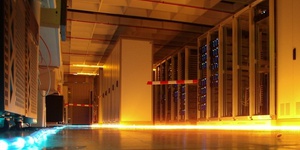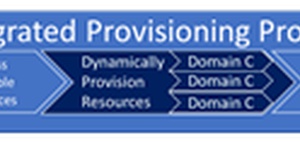As Software Defined Networking and Network Functions Virtualization have matured, cable companies are making plans to leverage those technologies to facilitate agile product development, new services, cost savings, and better customer experiences to effectively compete in a highly dynamic market. CableLabs, the cable industry’s innovation and R&D lab, has been engaged with major standardization and open source organizations to align the evolving specifications and architectures with the specific needs of the cable industry. These architectures enable MSOs to move complex functions from dedicated hardware to virtual machines, thus reducing costs and increasing feature velocity and service agility. This flexibility is further enabled by the separation of the service layer from the control layer, a key ingredient in virtualized architectures.
The industry’s initial step in this journey is to unbundle Converged Cable Access Platform (CCAP), which combines the capabilities of the Edge QAM and the CMTS, by moving some of the capabilities (PHY or MACPHY) to the access nodes. Such a step is not trivial from an operations perspective, because more intelligence will move to the edge and will require new skills to manage. Vendors have stepped up to alleviate this situation. Cisco, for instance, has introduced software tools to automate the deployment of RPHY devices. Some vendors are attempting to replicate the existing operating environment to mitigate the need for retraining and new skills.
Some vendors are already offering a software-based CCAP (for example, Harmonic), but for the most part, the CCAP for now remains a system running on dedicated hardware with plans to migrate it to software running in the cloud in future.
The journey to virtualization will be long. As Daniel Etman, Director Product Marketing, Cable Access BU, Cisco, puts it, “as complex as RPHY is, it is a walk in the park compared to virtualization, hence the need for automation.” Cisco will expand the automation of the Remote PHY Device to the cloud native CMTS.
Complex as it is, major cable companies are fully on board. They need to save energy and other operating expenses and to meet the market demands for faster innovation; they know that virtualization is the best way forward.

